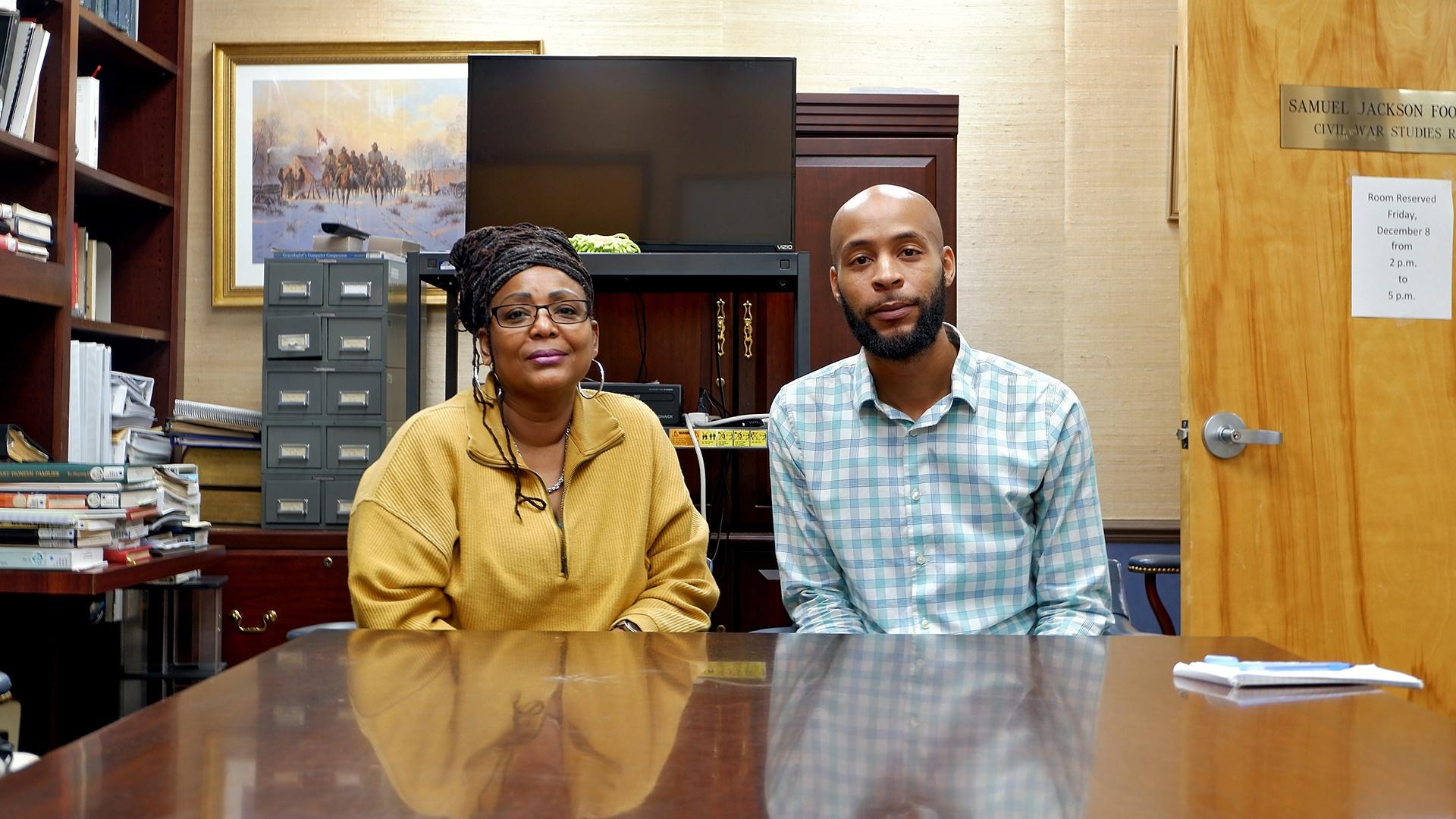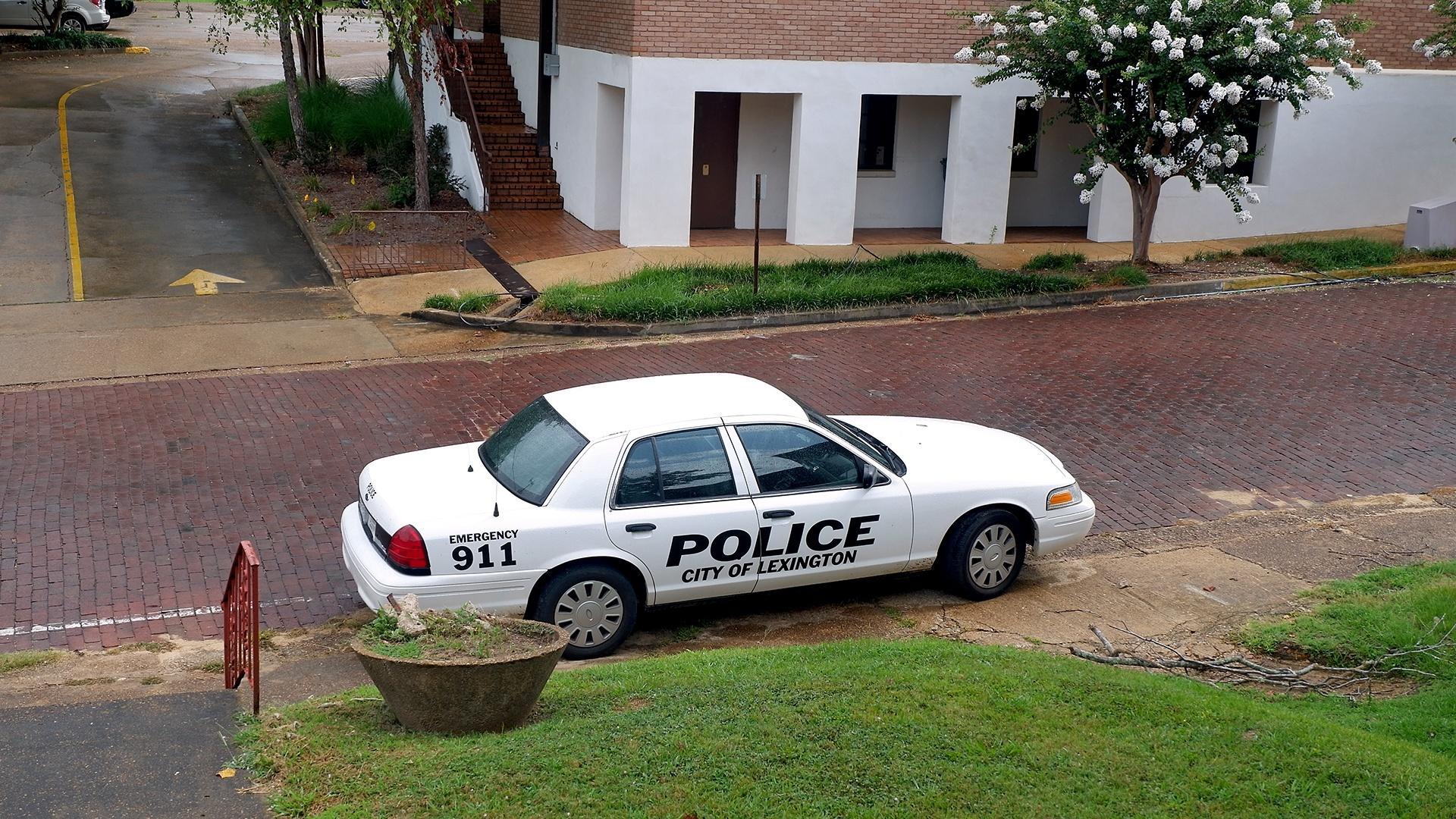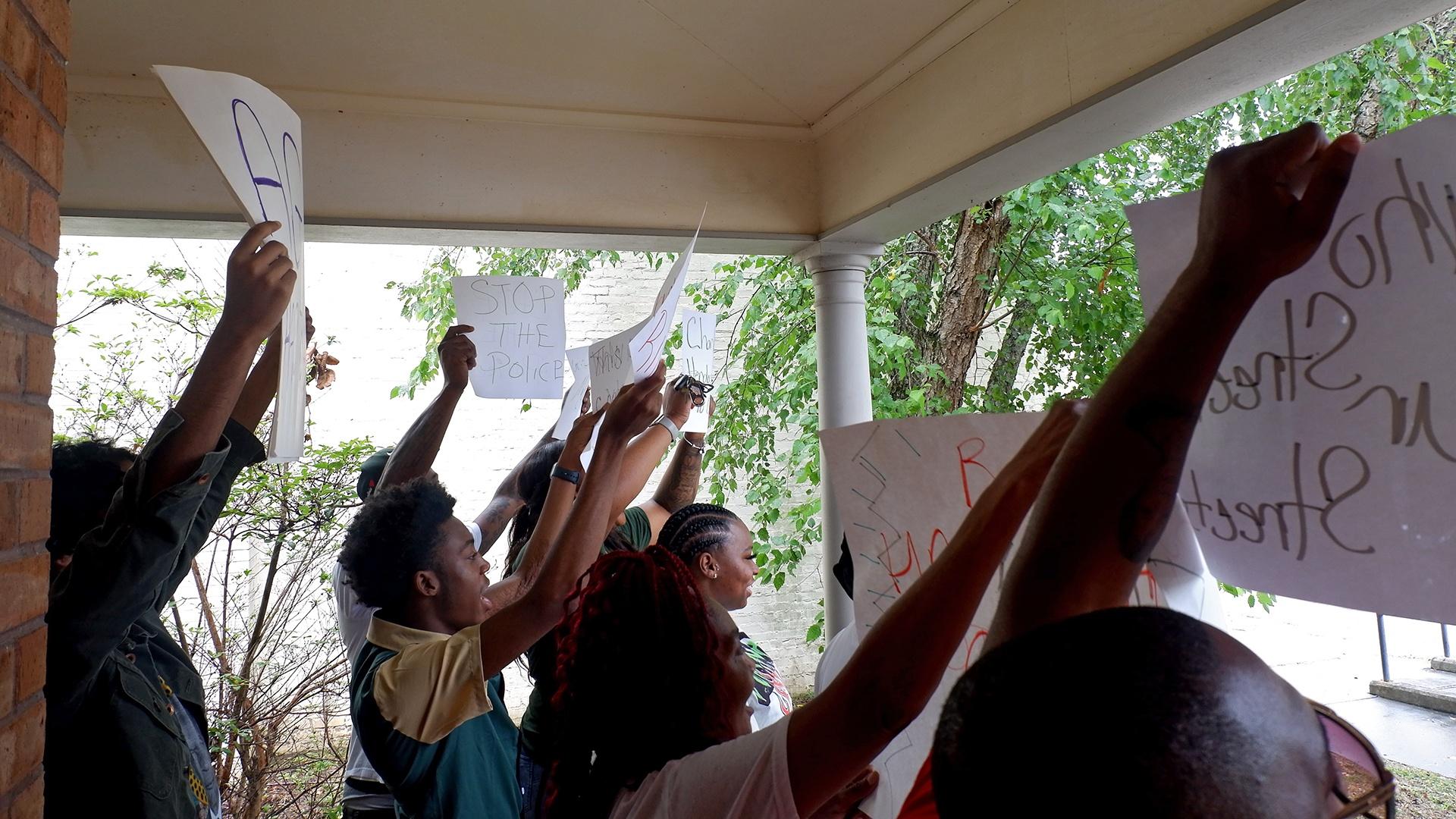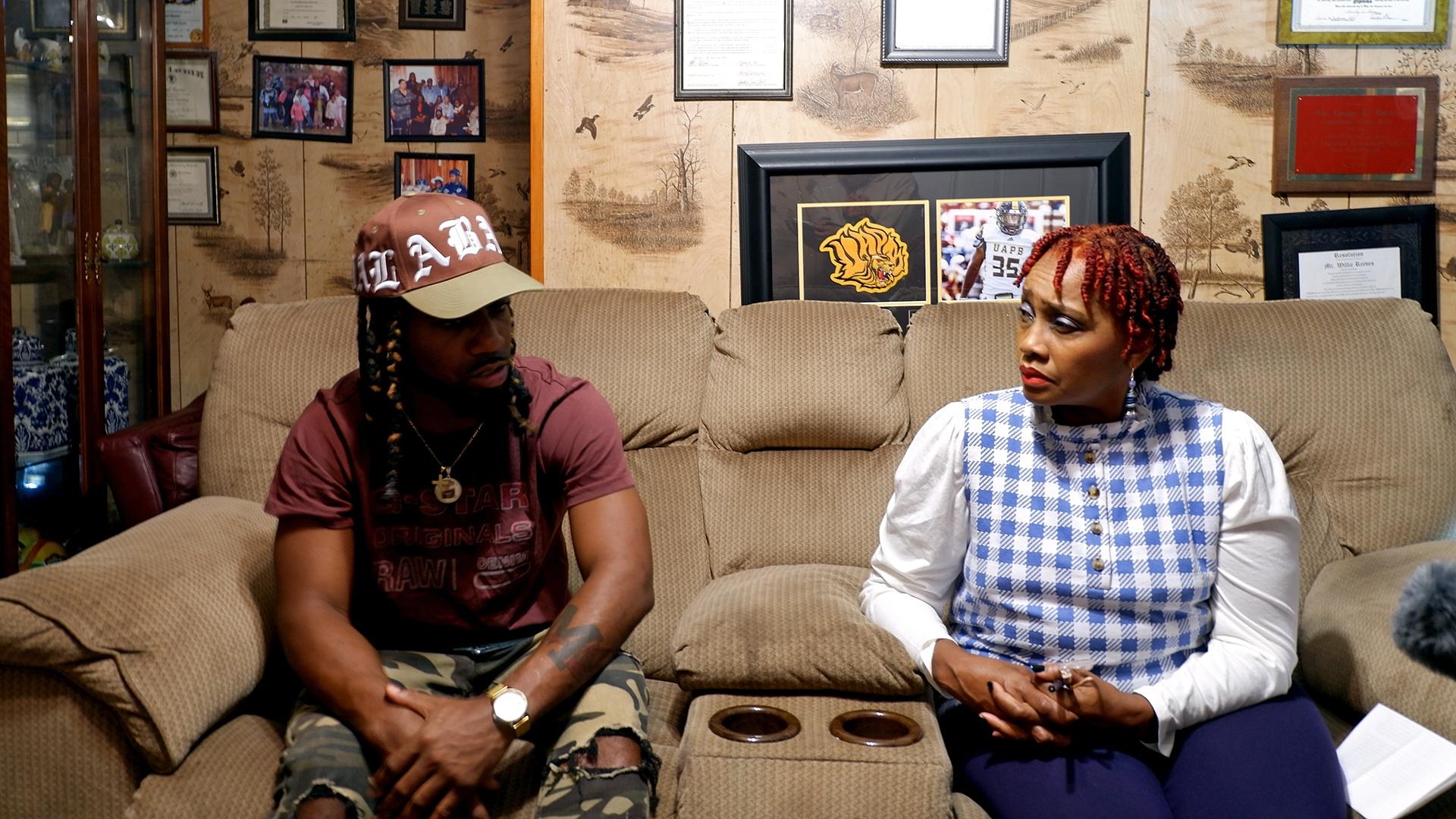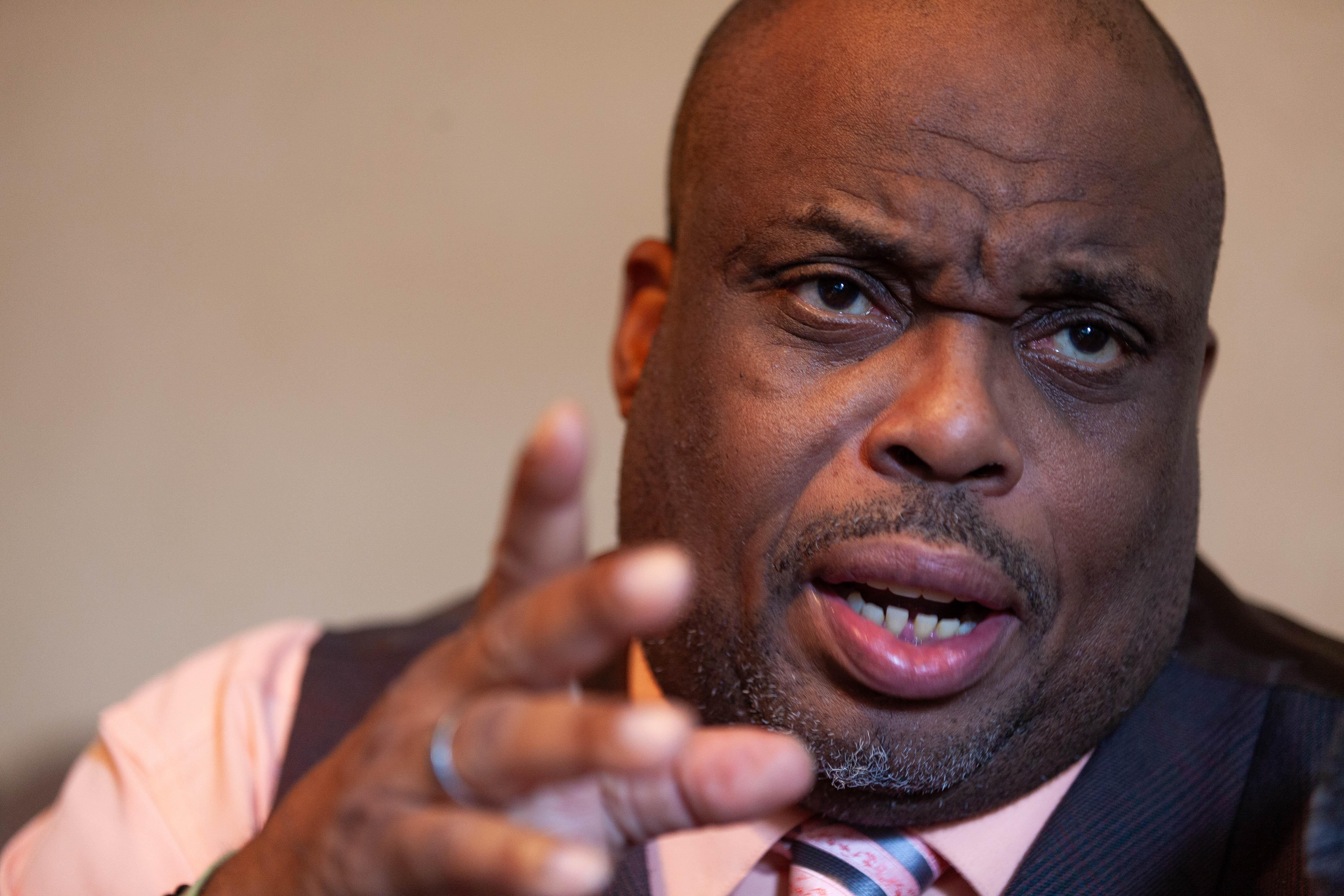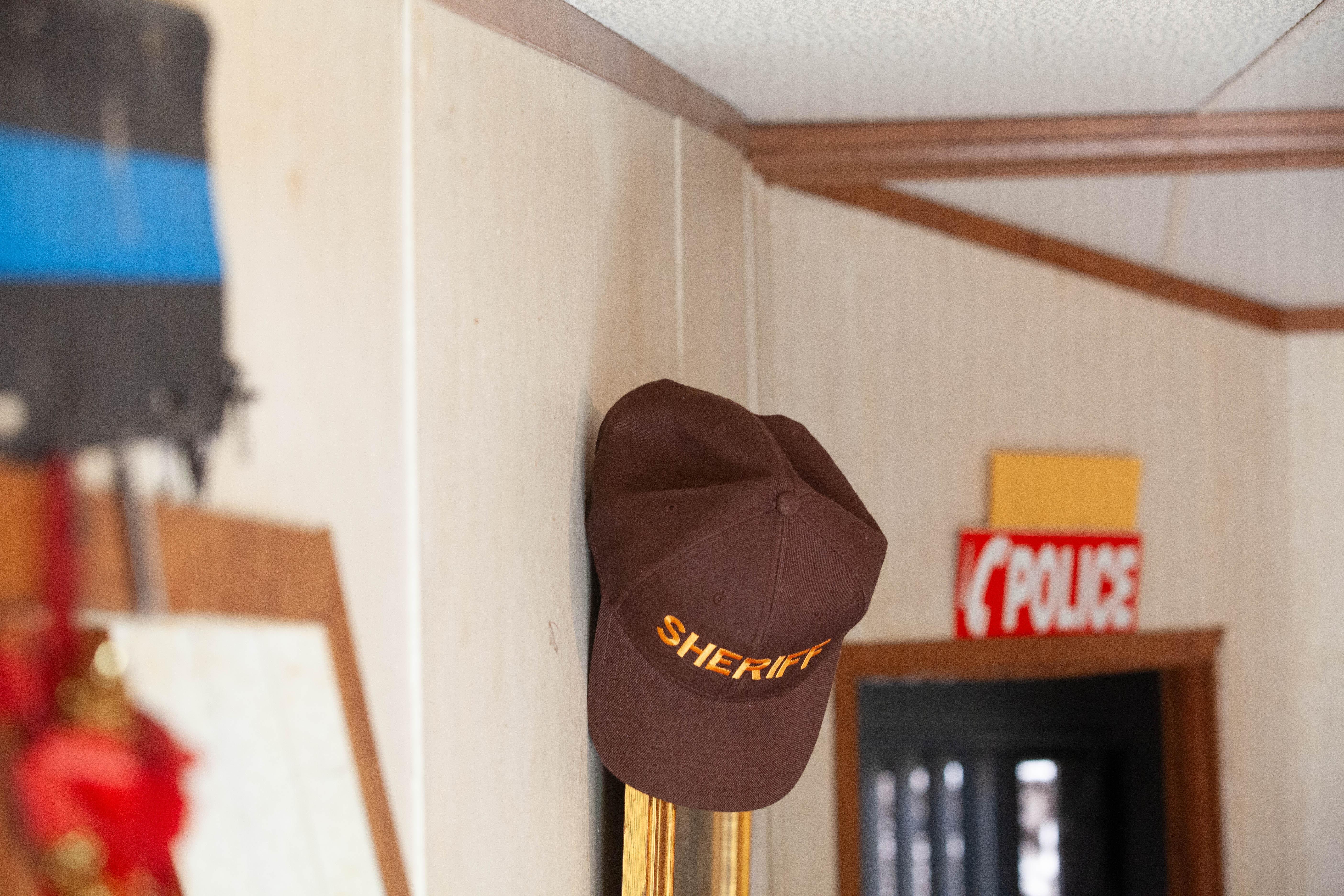Those allegations include excessive force, roadblocks targeting Black drivers, retaliation and illegal stops and searches, according to public remarks by a U.S. Department of Justice official. The claims prompted the DOJ to announce a "pattern or practice" investigation into the city of Lexington and its police department.
Made public Nov. 8, the investigation will examine if Lexington police violated residents' civil or legal rights. Similar reviews have happened in Memphis, Louisville, at Louisiana's State Police agency and elsewhere. They can lead to reforms and oversight, such as a consent decree — an improvement plan overseen by a court. The New Orleans Police Department has operated under such an agreement for more than 10 years.
But as the DOJ's spotlight pans over Lexington, in-depth interviews with county residents reveal concerns about the investigation's outcome and show apprehension that little will change.
"It was a ray of sunshine for the Department of Justice and the U.S. Attorney's Office to open a pattern and practice investigation," said Cardell Wright, a local organizer who is president of the Mississippi Freedom Democratic Party. “But we need to get to the finish line.”
In recent years, Wright has joined other organizers and legal advocates to hold community meetings, get people out of jail, file formal complaints, speak to the media and lobby local officials to call attention to alleged misconduct.
Wright and Francine Jefferson, another organizer, say they have fielded calls from people who were jailed shortly after organizing meetings, who were arrested for using profanity, or who said that police Tased them during a stop, sending them to the hospital.
"I would have a long day and I would get in the bed and by the time I lay my head on the pillow, there are phone calls coming in," said Wright.
Attorneys for Lexington officials declined interview requests, citing litigation. Its police chief didn't return messages left at his office. A judge's opinion in open civil rights cases — written months before the DOJ's investigation was made public — said some arrests and uses of force were justified, and that bodycam footage contradicts some accounts.
Since the investigation was announced, Jefferson — who was born in Lexington — is trying to show an optimism she doesn't always feel.
The situation reminds her of the "two Mississippis.”
“There's one for people of color and poor, that's kind of together. And then there's one for the status quo," she said. "For some reason, it just seems that we're not going to get the justice. That's how it feels to me, deep down inside.”
In February, the DOJ sent a letter to Lexington officials warning them about jailing people for unpaid fines without checking if they can afford to pay them. That came after reviews of bodycam footage, case records and witness interviews.



